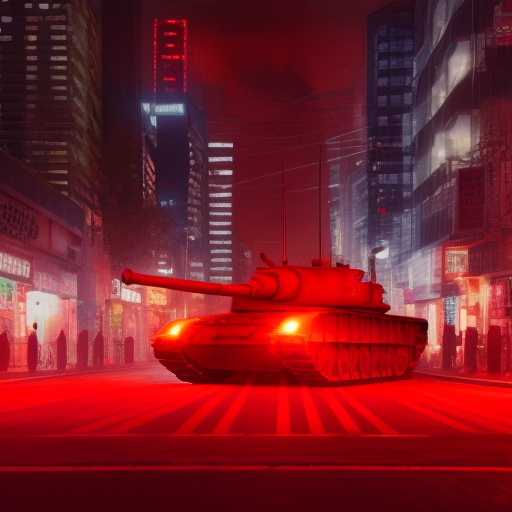Happening in Thailand
Why Thailand will stay in the same election and coup cycle

Sacrificing the lives of citizens to protect the elected government from military force is not a responsible or viable solution.
As the election approaches, political parties in Thailand are vying for votes, with some positioning themselves as opposed to the military junta regime, promising sweeping changes and new laws. However, none have addressed the most critical issue: how to prevent military coups, a persistent problem throughout Thailand’s history, when the military feels its advantages or powers are slipping away.
In reality, Thailand has long been governed by military figures, with democracy serving as a superficial veneer to gain acceptance from other nations for commercial and trading benefits, as well as protection from democratic nations against invasions. Whenever an elected government makes changes that impede the military’s leverage or power, they use military force to overthrow the government, rewrite the constitution to waive treason penalties, and remain in power for years.
The pressing question is this: if parties promising change win the election and form a new government, how can they protect themselves from the military’s armed force, weapon systems, and troops and prevent another military coup? Without practical measures to avert military coups and safeguard an elected government, Thailand will continue to experience the same cycle. Sacrificing the lives of citizens to protect the elected government from military force is not a responsible or viable solution.